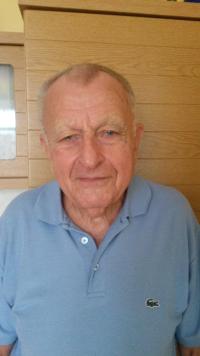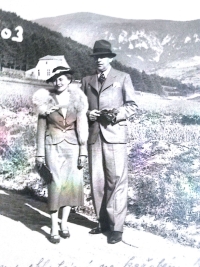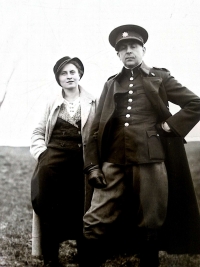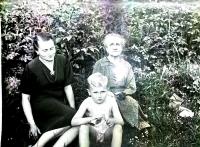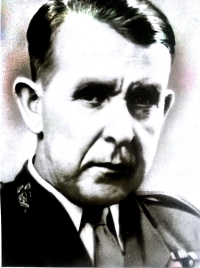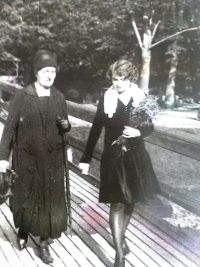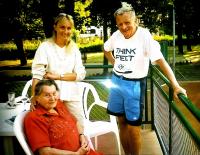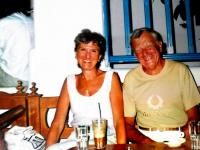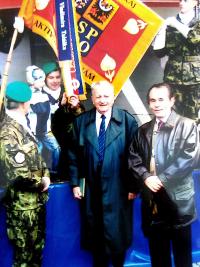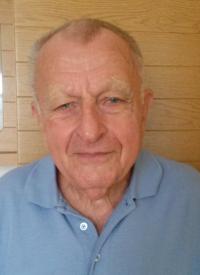Disrespect to the people, who sacrificed their lives during the war, bothered me terribly

Download image
Vladimír Talášek is the son of the same colonel, who was executed on 19 August, 1942 by the Nazis in Plötzensee for his rebellious activity in an organisation called Defence of the Nation. Vladimír has no memories of his father, as he was merely five years old at the time, was born on 1st January, 1938 in Hranice na Moravě. Yet he remembers both father´s brothers, who were also high army officers. One of them, Jaroslav Talášek was imprisoned by the Nazis and then the communists. The second uncle Oldřich worked in an exile ministry of defence in London during war, fought at the Slovak National Uprising and finally was also persecuted by the communists. The family house at the square in Hranice na Moravě was nationalised, Vladimír lived in poor conditions with his granny and mother. All his life he suffered by the fact his father´s and uncles´ heroism was forgotten. He studied the High School of Chemistry and Technology, but as he expressed disagreement with the entry of the Soviet army at the Czechoslovak territory in 1968, he could no longer pursue his scientific carrier. Until the revolution in 1989 he worked in the Institute of Technical Development and Information, which was a kind of a refuge for regime inconvenient technical experts. Following 1989 he became the vice-rector for science and research at ICT. Then he worked for a German company. During restitutions he got his family house back in a desolated state, and repaired it together with his cousin, and began living in a place he was born again. The name of his father now carries a company of active reserves in Olomouc and since 1989 the family has received recognition for the resistance activities and heroism of all the three brothers.
